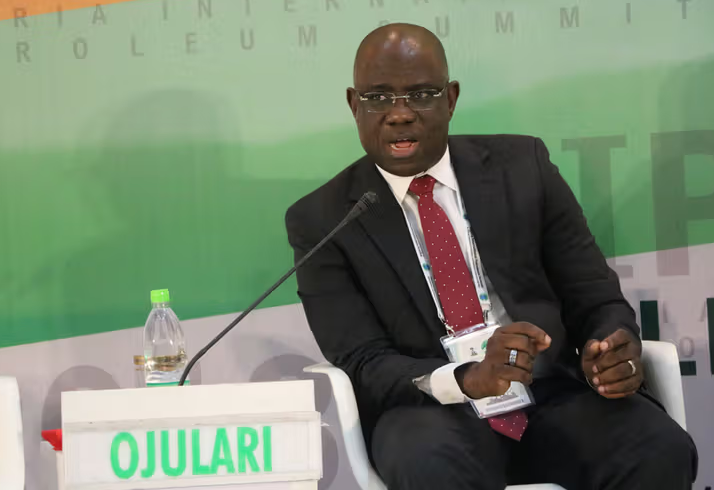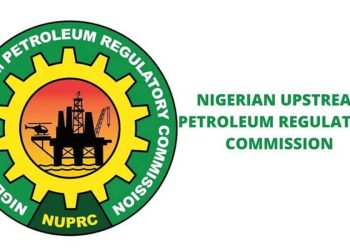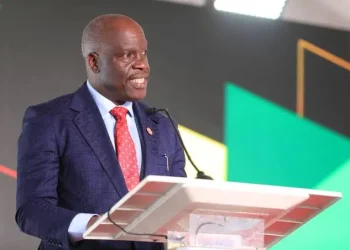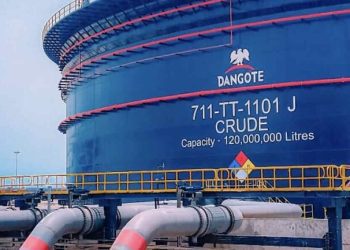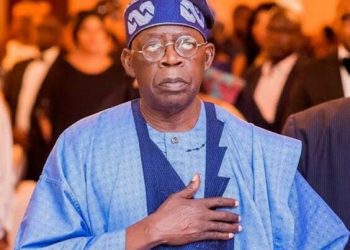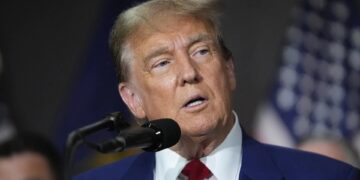The Nigerian National Petroleum Company (NNPC) Limited has announced plans to attract about $60 billion in fresh investments over the next five to seven years to expand the country’s gas infrastructure.
Bayo Ojulari, Group Chief Executive Officer of NNPC, disclosed this on Tuesday while addressing participants at the opening session of the Gastech Exhibition and Conference in Milan, Italy.
According to NAN, Ojulari said the federal government was pursuing the investment drive to stimulate industrialisation and reinforce Nigeria’s position in the global energy market.
He explained that the investment would focus on scaling up natural gas production to 12 billion cubic feet per day and expanding refinery capacity to meet the rising demand for energy worldwide.
“We are seeking at least $60 billion in investment over the next five to seven years, which for our oil and gas industry is just the tip of the iceberg,” Ojulari said. “We are seeking investors to grow production.”
Ojulari noted that the enactment of the Petroleum Industry Act (PIA) in 2021 transformed NNPC into a limited liability company, granting it direct access to funding and enabling stronger global partnerships.
He revealed that the company currently produces about 1.6 million barrels of crude oil per day (bpd) and is mandated to raise output to 2 million bpd by 2027 and 3 million bpd by 2030.
Among ongoing projects highlighted were the Ajaokuta, Kaduna, Kano (AKK) pipeline, the West African Gas Pipeline extension to Morocco and Europe, as well as the expansion of the Nigeria LNG (NLNG) project.
Ojulari further disclosed that Nigeria currently supplies 60 percent of LNG to Portugal and Spain, and while operating Train 6, is constructing Train 7 due for completion in 2026 with plans for Trains 8 and 9.
“Nigeria has one of the best-managed LNG businesses globally. We intend to take advantage of the current surge in energy demand, which is projected to rise even further,” he said.
On clean energy, Ojulari stated that the government is promoting Liquefied Petroleum Gas (LPG) use, rolling out 2 million cylinders nationwide, and advancing a compressed natural gas (CNG) transition scheme for vehicles and machinery.
He added that geopolitical shifts such as the Russia-Ukraine war had accelerated pipeline projects designed to bolster regional energy security. According to him, Nigeria has over 200 undeveloped oil and gas fields, describing them as greenfield opportunities for international investors.
Speaking on foreign policy, Ojulari noted that Nigeria continues to attract investments from major players including ExxonMobil, Chevron, Shell, Agip and TotalEnergies.
“Nigeria is a global market. While foreign policies affect us, our priority remains creating a stable market and building strong partnerships,” he said.
Ekpo: Nigeria Committed to Leveraging Reserves for Industrialisation
Also speaking at the event, Minister of State for Petroleum Resources (Gas), Ekperikpe Ekpo, reaffirmed Nigeria’s commitment to utilising its vast gas reserves to drive industrialisation, regional integration, and global energy security.
He emphasised that natural gas remained central to the country’s energy agenda, powering industries, agriculture, clean cooking, job creation, and improving public health.
“Nigeria as a gas nation is committed to using our natural gas to serve our economy, our continent, and other parts of the world,” Ekpo said.
He explained that the NLNG project aims to increase production capacity from 22 million metric tonnes per annum (MTPA) to 30 MTPA with Train 7.
Ekpo further revealed that the government is advancing regional pipeline diplomacy through the Nigeria-Morocco Gas Pipeline, a 5,000-kilometre project connecting West Africa to Europe. He added that Nigeria is also engaging Algeria and Equatorial Guinea on the Trans-Saharan Gas Pipeline to boost regional interconnectivity.
With an estimated 210 trillion cubic feet of gas reserves, Ekpo noted that Nigeria remains open to investors and has introduced regulatory reforms and executive orders under President Bola Tinubu to foster a more investor-friendly environment.















